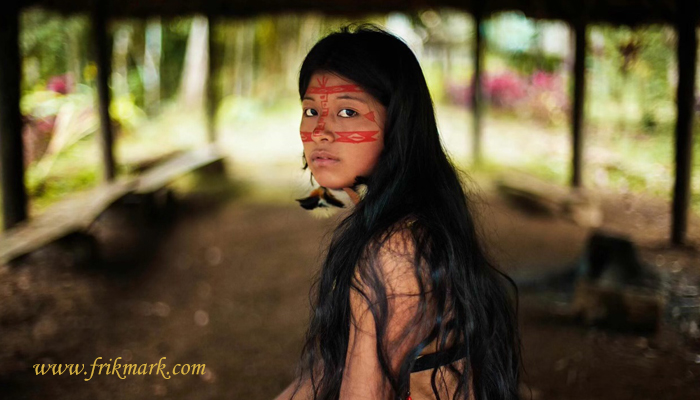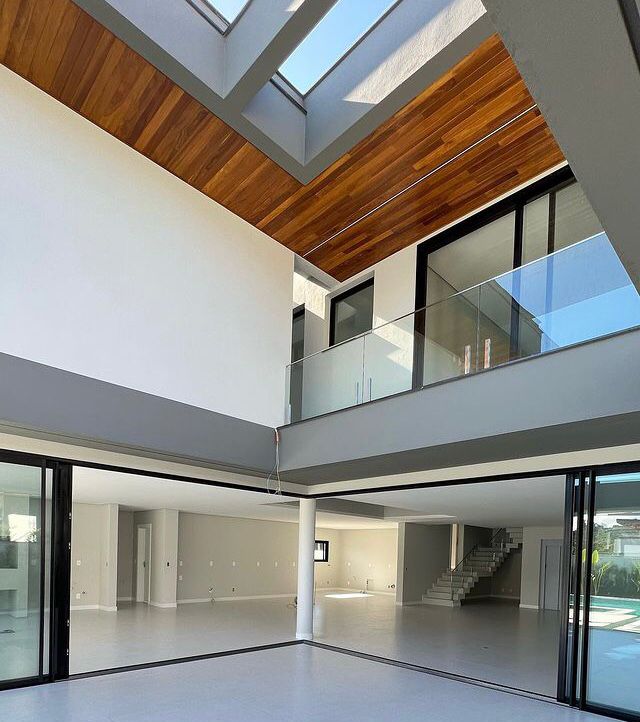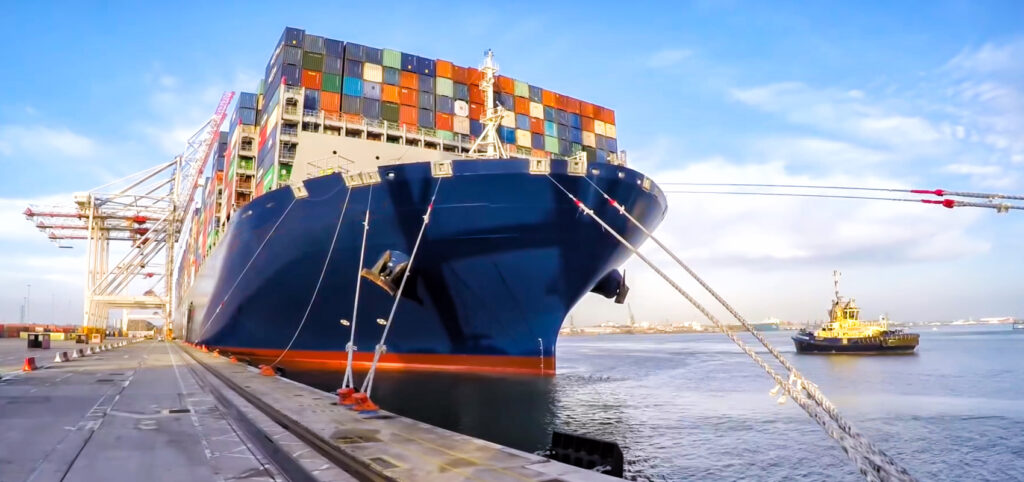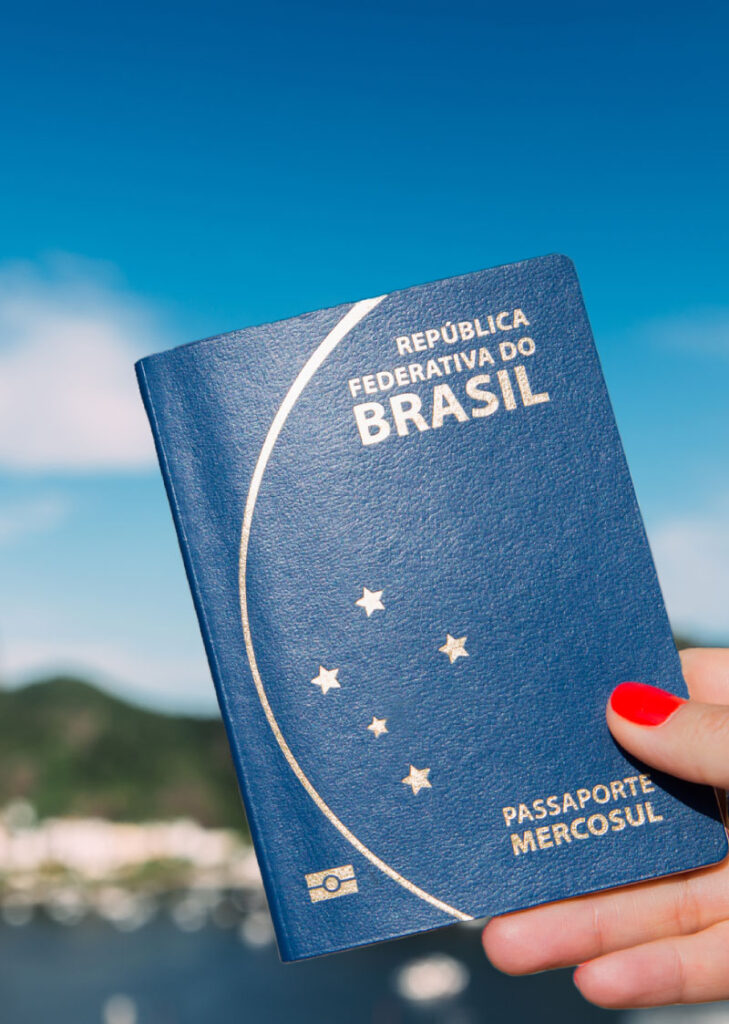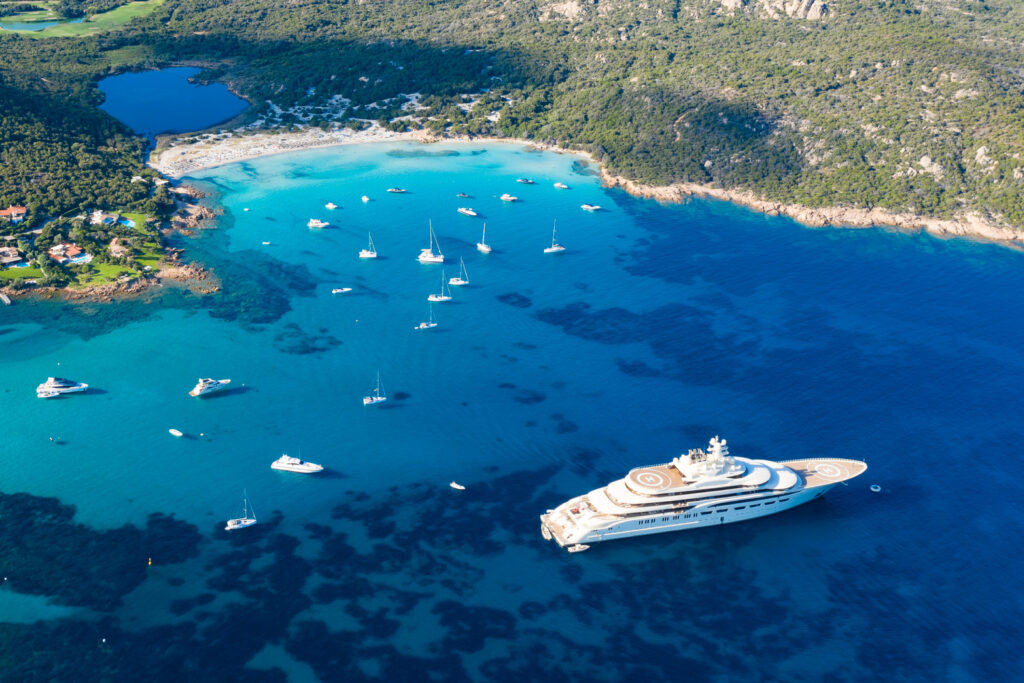What is the language of Brazil?
The language of Brazil is Portuguese. Portuguese is the official and national language of Brazil, widely spoken by the majority of the population. Brazil is the most populous Portuguese-speaking country in the world and the only country colonized by the Portuguese in the Americas.
Introduction to all Brazilian languages
In addition to Portuguese, the country has several minority languages, including indigenous languages such as Nheengatu and languages of more recent European and Asian immigrants such as Italian, German, and Japanese.
In some municipalities, those minority languages have official status: for example, Nheengatu is an official language in São Gabriel de Cachaça, while a number of German dialects are official in nine southern municipalities.
Hunsrik is also known as Riograndenser Hunsrückisch. It is a Germanic language also spoken in Argentina, Paraguay, and Venezuela, derived from the Hunsrückisch dialect. Hunseric has an official status in Antônio Carlos and Santa María do Herval, and is recognized by the states of Rio Grande do Sul and Santa Catarina as part of their historical and cultural heritage. Antônio Carlos is a populated area in Brazil, located in the state of Santa Catarina.
Read More» How to open a bank account in Brazil?
Portuguese is the language spoken in Brazil geographically
Portuguese is a Romance language spoken by the people of Portugal, Brazil, and other areas that were once Portuguese colonies. Galician, spoken in northwestern Spain, is also closely related to Portuguese.
Portuguese is the language spoken in Brazil statistically
Portuguese is the second most widely spoken Romance language, after Spanish.
This position is also due to the Brazilian population who speak Portuguese.
The number of speakers of Brazilian Portuguese reached around 187 million by the beginning of the 21st century.
More than 10 million people also speak Portuguese in Portugal, the country of origin of the language.
About 8 million Portuguese speakers also live in Africa. (Angola, Equatorial Guinea, Guinea-Bissau, Mozambique, etc.).
About 678,000 people speak Portuguese in the United States; mostly in the states of Massachusetts and Rhode Island.
Brazilian Portuguese
Brazilian Portuguese differs from European Portuguese in several ways:
Some sounds are pronounced differently in Brazilian Portuguese.
There are also differences in verb conjugation and grammar; for example, in Brazilian Portuguese, object pronouns come before the verb, like in Spanish, but after the verb in standard Portuguese.
Read More» Buy Property in Brazil with Frikmark Group
What is the origin of the Brazilian language?
As of 2019, the population of Brazil speaks or refers to approximately 218 languages, of which 201 are indigenous languages and 17 are non-indigenous languages. In 2005, fewer than 40,000 people (about 0.02% of the population at the time) spoke either of the indigenous languages.
With the implementation of an agreement in 1990, the spelling norms of Brazil and Portugal have largely become uniform, but there are still minor differences. Brazil implemented these changes in 2009 and Portugal in 2012.
In 2002, Brazilian Sign Language (Libras) became the official language of the Brazilian deaf community. Brazilian Sign Language also has official status at the federal level.
On December 9, 2010, the National Inventory of Linguistic Diversity was created, which analyzes proposals for the revitalization of minority languages in the country. In 2019, the Technical Commission of the National Inventory of Linguistic Diversity was established.
Where does the name Brazil come from?
The Brazilian Portuguese language lacks any official standard for pronunciation, and pronunciations may vary according to each region. The official pronunciation of Brazil in European Portuguese is as follows: [ʁɛ. ‘pu. âli.ka fɨ. ðɨ. ɾɐ. ‘ti.vɐ du bɾɐ. ‘ziɫ].
It is generally believed that the name of the country is derived from pau-brasil, a type of tree that was highly valued by early settlers, although some believe that the name Brazil is derived from the name of the mythical island of Brazil, which was much mentioned in Europe in the Middle Ages.
Read More» How to get the Brazilian passport?
About Brazil
Brazil (Portuguese: Brasil), officially the Federative Republic of Brazil (Portuguese: República Federativa do Brasil), is the largest and most populous country in South America. Its capital is Brasília and the official language is Brazilian Portuguese. Brazil has an area of 8,515,767 km2 and a population of 212,732,000.
Brazil, which covers a large area between the center of South America and the Atlantic Ocean, is the easternmost country in the Americas and borders Uruguay, Argentina, Paraguay, Bolivia, Peru, Colombia, Venezuela, Guyana, Suriname, and French Guiana. In fact, Brazil shares borders with every other South American country except Ecuador and Chile.
Brazil has vast agricultural lands and tropical forests; and with its vast natural resources and rich labor force, it is the most powerful economy in South America.
Brazil was a colony of the Portuguese Empire and is the only country in the Americas whose people speak Portuguese. Brazil is a multinational country, with a population of European, Amerindian, African, and Asian races. The main religion of the country is Roman Catholicism. Most of the Amazon rainforest is located in Brazil.
Contact with Frikmark
Frikmark: Consulting and buying property in Brazil, registering a company in Brazil, consulting on export and import in Brazil, obtaining a Brazilian visa, selling a yacht in Brazil
Contact Us: 0055 47 99662 – 6648
Our Email: [email protected]
Telegram: https://telegram.me/welcome_brazil
